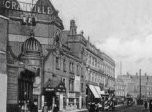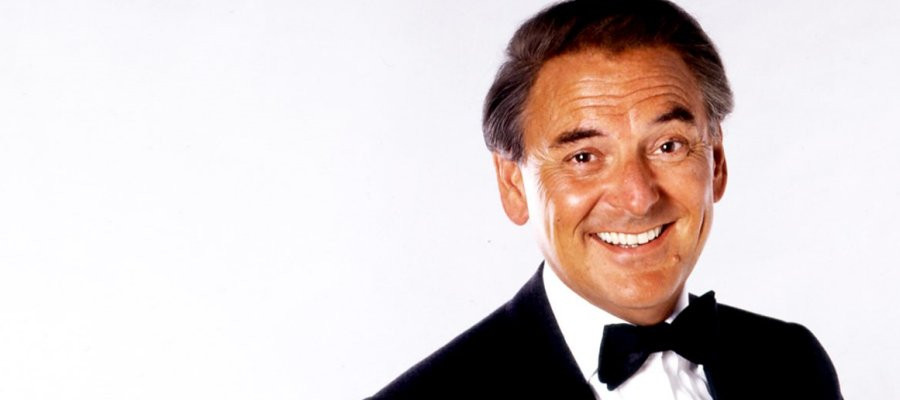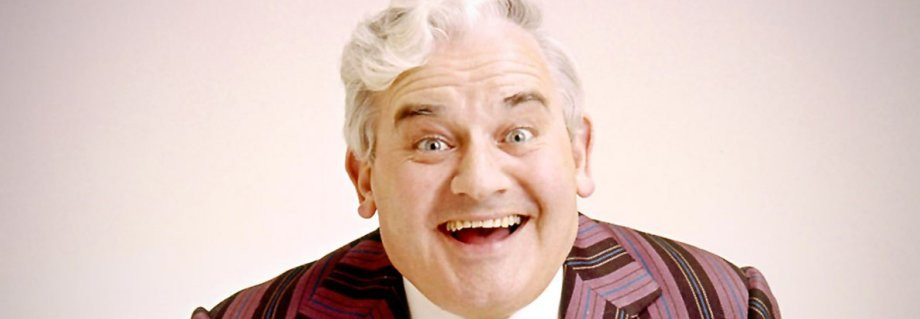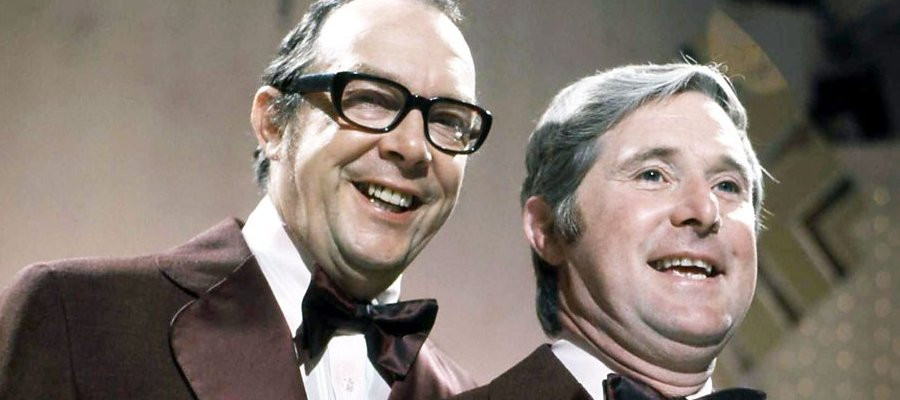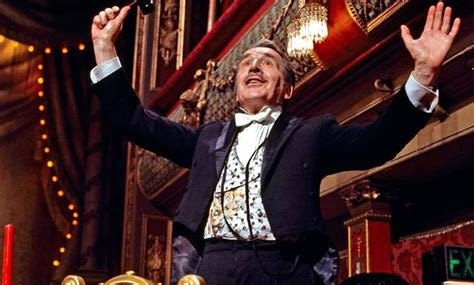
Hattie Jacques
Hattie Jacques was born in Sandgate, Kent, on 7th February 1922. Her birth was registered 11 days later in Folkstone as Josephine Edwina Jaques. It would be another twenty years before she was to be affectionately known as Hattie and both she and her brother Robin added the 'c' to their surname in order to make it appear "more French."
Her mother, Mary (nee Thorn) was in the services as a Voluntary Aid Detachment nurse and had met Robin Rochester Jaques, a Royal Air Force Officer and a promising footballer who may well have turned professional. But fate had other plans. On 8th August 1923 Robin was flying solo in an Avro 504 when he attempted a difficult manoeuvre, lost control of the aircraft, and crashed to the ground dying instantly.
Following her husband's death and with no other source of income other than a meagre RAF pension, Mary decided to take her two children to London where they would live with her parents in Chelsea. The area of London which today has a reputation of being fashionable and prosperous was anything but that in the early 1920s. Much of the housing was in a state of decay, the streets were comprised of sordid courts and alleyways and there was little in the way of public facilities, much less any parks or gardens. What Chelsea did have, however, was an abundance of theatres and cinemas and it was these that were to influence the young Josephine in her formative years.
At the age of twelve Hattie's mother enrolled her at The Dean Sisters Academy of Theatrical Dancing and Ballet and she soon became a star pupil and the principal dancer in the Academy's shows. But any ideas of being a ballerina were constantly hindered by Hattie's size. Teased mercifully at school she soon learned that the only way to survive was to make people laugh along with her - rather than at her. It was here that she discovered she had a talent for making people laugh, although she was the first to admit that this was a defensive reaction. "When you're my size", she said, "you're conditioned from childhood to people making jokes against you. You have to make them laugh with you, rather than at you." Her schoolfriends remember her as a natural actress and it wasn't surprising that at 17 years of age she joined a local amateur dramatics company.
On leaving school Hattie trained as a hairdresser but when the Second World War broke out she decided to follow in her mother's footsteps becoming a Voluntary Aid Detachment nurse and then later she worked as an arc-welder at a North London factory.
After the war her brother landed a job as a lift operator at London's celebrated Little Players' Theatre (Years later Robin became a prolific illustrator), and it was here that Hattie, following a spell as a backstage 'hand', got her first taste of performing on the actual stage itself, singing Victorian songs at late night reviews. Hattie had approached the chairman of The Players' Theatre, Leonard Sachs, and asked for an audition. She sang Call Round Any Old Time and A Little of What You Fancy Does You Good in her best Marie Lloyd style, and delivered both songs so well that Sachs immediately hired her. It was also here that she developed what was to become her famous Christmas Fairy persona, Antedota, the outsize Fairy Queen in her own version of a Victorian Cinderella. (It was role that she would return to throughout her career, remaining faithful to the Players' and contributing as either performer, producer or writer). It was about this time that she added the 'c' to her surname. Hattie then toured with the Old Vic before landing one of her first film roles as early as 1947 in Nicholas Nickleby. The following year she appeared in Oliver Twist and also alongside Bill Owen in Trottie True.
But it was on radio that Hattie was to find more permanent employment and her voice became known as Sophie Tuckshop, the greedy schoolgirl in Tommy Handley's ITMA (It's That Man Again). Following this she voiced Agatha Danglebody in Educating Archie and it was here that she met one of the scriptwriters; Eric Sykes. Hattie also became a regular on Britain's most popular radio series; Hancock's Half Hour.
1958 was the year that the Carry On series of films made its cinema debut with Carry On Sergeant, and Hattie appeared as the no-nonsense medical officer Captain Clark. In March 1959 Hattie made her first appearance with Eric Sykes in Gala Opening, a one-off 60 minute spoof extravaganza from The Floral Hall, Grapplewick, (the only other actor in the production was Stanley Unwin). This was also the year that Hattie created one of her most enduring roles as Matron in Carry On Nurse, a part that she would return to another four times (in '...Camping,' '...Doctor,' '...Again Doctor' and '...Matron'). The following year she again teamed up with Eric Sykes for a new TV series, Sykes And A... (see review on this website) in what was on this occasion the start of a twenty year TV partnership.
Although best remembered as Sykes' comic partner, Hattie appeared in a number of other TV productions. The 1960 series Our House was written by Norman Hudis, screenwriter of the early Carry On successes. The TV series also starred other Carry On regulars Charles Hawtrey, Bernard Bresslaw and Joan Simms. This comedy was about 9 assorted people who pool their resources and buy and share a ramshackle house. The comedy was very much in the style of the Carry On series with the usual pratfalls and belly-laughs with the cast falling and tripping over furniture, and although it lasted for a couple of series (Hylda Baker joined the regulars for series two), it has since disappeared from public memory.
Hattie was awarded her own TV series in 1964. In Miss Adventure she played the male-hunting investigator Stacey Smith, who stumbled into global escapades as a confidential investigator for a private-eye company. The programme was presented as a series of multi-part stories; Strangers in Paradise (6 parts), The Velvet Touch (4 parts), and Journey to Copenhagen (3 parts) and unlike her Carry On and Sykes roles Hattie played this one fairly straight, although her natural bubbly presence shone through. Ernest Maxim produced the thirteen 45 minute episodes. She also appeared in Bernard Cribbins' sketch show series in 1965, and in a number of Frankie Howerd specials, as a guest on That Was The Week That Was and in the first series of The World of Beachcomber (1968). There was a 1970 surreal sitcom from John Wells and John Fortune and the playwright N F Simpson called Charley's Grants. Willoughby Goddard starred as the monstrous Lord Charley, who sought grants from Miss Manger (Hattie) of the Heritage Trust in a series that attempted to ridicule the "arts-grants" system.
Following the success of a TV Carry On Special in 1969 (Carry On Christmas in which Hattie appeared), there were two series (totalling 13 episodes) of Carry On Laughing made through the 1970's and Hattie appeared in four of these. (She also made one more Christmas special, the third of four, which was called Carry On Stuffing). From 1972 Hattie returned to Eric Sykes' side once again for a revival of the situation comedy that had finished seven years earlier. This time the series was in colour and lasted for 68 episodes the last of which appeared in 1979. The following year Hattie made one more special with Eric, an almost silent comedy - Rhubarb Rhubarb (in which the only words spoken were "rhubarb"). Shortly after the filming of this show Hattie died of a heart attack. She was 56.
Eric Sykes said of his dear friend, "She was one of the very best." And referring to their first meeting on the Educating Archie Show he said, "I knew from that one performance that she was a natural." Her ex-husband John Le Mesurier, with whom she had two sons, said of her, "We always remained affectionate friends. She was a kindly, wonderful woman who would help anybody." Peter Rogers, producer of the Carry On series remembered how she would sit on the set doing The Times crossword when members of the cast would come over to her and unburden themselves of their problems. "Hattie would listen carefully and dispense her advice. She was the Mother Superior of the Carry On family."
Although she presented an imposing figure on screen Hattie Jacques managed to play a diverse range of roles when she may so easily have become typecast. Although many of her friends believed that she never received the recognition she deserved for her acting talent the truth of the matter is that over the years it won her a legion of fans that still remember her today. Eric Sykes summed her up perfectly when he said, "She was one of the best comedy actresses we have ever had and a very lovely lady." A fitting tribute to a very big talent and a very big heart.
Published on February 20th, 2019. Written by Laurence Marcus for Television Heaven.




